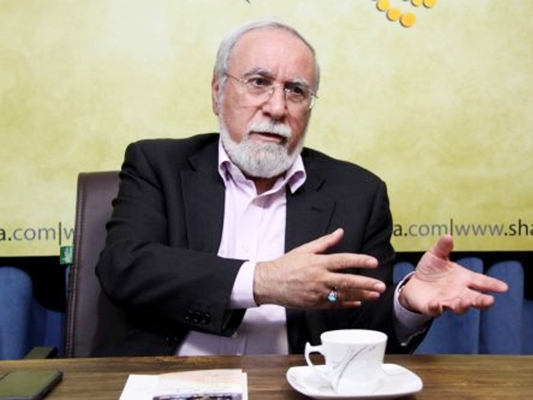Here’s IFP’s translation of excerpts from Omid-e Iranian website’s interview with Sabah Zanganeh, a former Iranian envoy to the Organization of Islamic Cooperation (OIC) and a senior Middle East analyst:
On September 28, the US Senate and then the US House of Representatives overrode the US President Barack Obama’s veto on the Justice Against Sponsors of Terrorism Act (JUSTA) bill that allows families of the victims of the September 11, 2001 attacks to sue Saudi Arabia’s government as well as other countries involved in terror attacks.
Dr. Sabah Zanganeh believes that the ratification of such a law is not unrelated to certain consultations behind the closed doors, and can allow the US to put more pressure on all countries in the future.
“The adoption of the law will definitely pave the way for bringing certain Saudi officials to trial. People in the US are very eager to do so, in a way that immediately after the law was passed, a member of one of the 9/11 victims’ families filed her lawsuit against Saudi Arabia. The ratification of such a law has benefits for both US parties, the GOP and the Democrats, particularly before the upcoming elections,” Zanganeh said.
However, he added, we should consider the fact that this law involves different aspects.
“Apparently, it seems that the law is aimed at countering Saudi Arabia and receiving compensation for the 9/11 attack. However, the text of the law is written in a way that it goes beyond a particular subject and case. Therefore, the ratification of such a law will have consequences for all countries in the world, and can be used as a pretext for violating different countries’ sovereignty in various cases and files.”
“Not only isn’t it a source of happiness for other countries, it can also be worrying to the countries that are concerned about US interference or punishment under such pretexts,” he noted.
“I believe that, unlike how the law looks like, its ratification is not just targeting Saudi Arabia and there can be secret consultations behind,” Zanganeh stressed, warning that such laws can endanger the positions of other countries.”
He further referred to the sense of xenophobia the US presidential candidates are giving to American people, and stressed that such propaganda and Islamophobic moves have been effective on the final adoption of the new law.
“The negative aspects of the law should be investigated. A country has passed a law that addresses other government and holds them accountable for the terrorist attacks and criminal acts committed by non-governmental groups. Such a law would prepare the grounds for the expansion of US federal courts’ scope of work at the international level.”
According to JASTA, an American court hearing a claim against the Saudi government “may stay a proceeding against a foreign state if the Secretary of State certifies that the United States is engaged in good faith discussions with the foreign state defendant concerning the resolution of the claims against the foreign state.”
On the other hand, if the US State Department do not certify that the US has good ties with a country, the US federal courts can bring that country to trial and sentence them to compensating the damage.
Zanganeh believes that such aspects of JASTA would make the world a place for the US administration to play with the stick of legal prosecution in its domestic courts.
Based on this law, no country and government would be able to make any move against the interests of US statesmen, he said.
